Palmater backer blasts prominent journalist as "white supremacist" after column on AFN election
A Mohawk University of Victoria professor and backer of Pam Palmater, one of the leading contenders for Assembly of First Nations national chief, blasted two prominent journalists Monday, calling one a racist and the other ignorant after they wrote columns essentially backing incumbent Shawn Atleo in the race to lead the largest First Nations organization in the country.
(Final preperations at the Metro Toronto Convention Centre before chiefs gather to vote for the next national chief of the Assembly of First Nations APTN/Photo)
By Jorge Barrera
APTN National News
TORONTO–A Mohawk University of Victoria professor and backer of Pam Palmater, one of the leading contenders for Assembly of First Nations national chief, blasted two prominent journalists Monday, calling one a racist and the other ignorant after they wrote columns essentially backing incumbent Shawn Atleo in the race to lead the largest First Nations organization in the country.
Taiaiake Alfred, an Indigenous governance professor at the University of Victoria, was responding to two columns, one written by Globe and Mail Ottawa bureau chief John Ibbitson and the other by National Post columnist John Ivison.
Alfred called Ibbitson a white supremacist, and Ivison, who is originally from Scotland, an ignorant immigrant in a Tweet Monday.
“White supremacists @JohnIbbitson + Ignorant immigrants @johnivanson + corporate bagmen @PMHarper = Mainstream Canada (sic),” wrote Alfred, on Twitter.
Alfred has publicly supported Palmater, who also took to the Web the day before, writing a rebuttal to Ivison’s column on her blog.
Ivison, analyzing Atleo’s work over the past three years and recent moves by the Conservative government, concludes that the incumbent national chief had taken the right approach in dealing with the big issues facing First Nations people and communities.
“Mr. Atleo sees himself as a mediator and facilitator, at the table engaging in “nation-to-nation” dialogue on education and revenue resource sharing,” wrote Ivison. “By contrast, most of the other candidates seem to view the role as leadership of a glorified protest movement.”
Palmater, who has developed a strong following in social media sites like Twitter and Facebook, wrote that Ivison was part of a “right-wing contingency in Canada (that) has openly supported Atleo.”
“The right-wing media will do their best to maintain the status-quo, because everyone else benefits from it but us,” wrote Palmater, a Mi’kmaq lawyer.
Ivison said Palmater “was entitled to her rebuttal” and that he is “an opinion columnist and I wrote a comment piece that she didn’t agree with.”
Palmater has emerged as one of the front-runners in the race for national chief. She has gained a large following on social media for her strong criticism of the AFN under Atleo, which she says is facilitating the policies of the Stephen Harper government which are aimed toward assimilation.
Palmater has campaigned across the country and has impressed some First Nation chiefs. Former AFN national chief Matthew Coon Come, who is grand chief of the Cree in Quebec, has publicly endorsed her candidacy.
Only chiefs can vote for national chief. They’ll be casting their ballots Wednesday in Toronto.
The field of candidates also includes George Stanley, Alberta AFN regional chief from the Cree First Nation of Frog Lake, Bill Erasmus, Dene Nation chief from the Northwest Territories and Terrance Nelson, the five-time former chief of Roseau River.
Three other women are also vying for the job, including Ellen Gabriel, a Mohawk from Kanesatake, who rose to prominence during the Oka crisis, Joan Jack, an Ojibway lawyer from the Berens River First Nation and former Treaty 3 grand chief Diane Kelly, a lawyer from Ojibways of Onigaming First Nation.
In his column Ibbitson argued that chiefs should avoid choosing a more “militant” candidate because time and demographics were swinging against them in their efforts to settle land claims and long standing grievances.
In an analysis of Canada’s projected demographic curve, Ibbitson said the First Nations population would soon plateau while the proportion of immigrants in Canada would continue to rise. Ibbitson wrote that immigrants wouldn’t have the same sense of “guilt” and be less moved to listen to First Nations.
“New Canadians are likely to become increasingly impatient with demands from the first nations (sic),” wrote Ibbitson. “Native leaders will find an ever-diminishing appetite among the broader Canadian population for apology and redress. There simply won’t be the same sense of guilty.”
Alfred said he stood by his view of Ibbitson.
“Anyone who denies our right to exist as nations under our own law on our homelands is a white supremacist in my mind,” write Alfred, in a message to APTN National News.
Ibbitson had no comment.
“Native policy seems to be the final frontier of free speech,” said Ivison.
STORIFY COMPILATION OF TWEETS:
[View the story “Social media response to recent columns ” on Storify]@JorgeBarrera




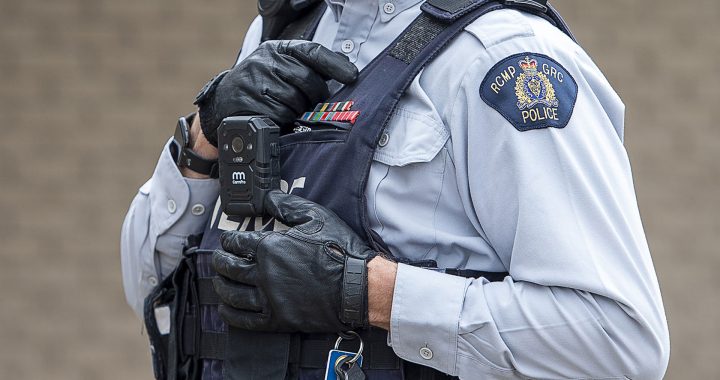
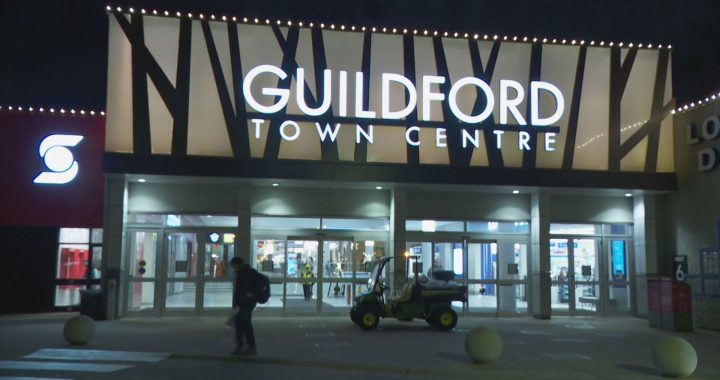
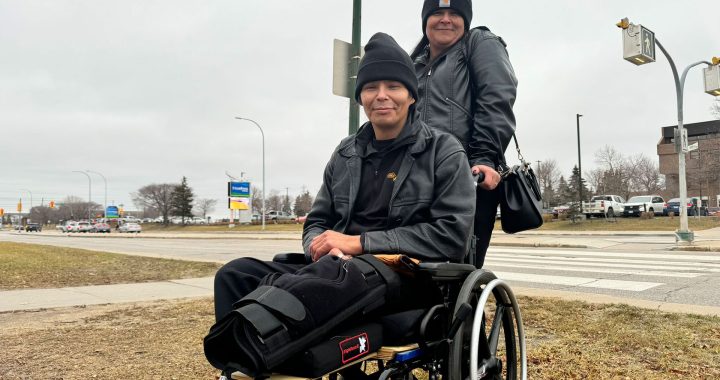
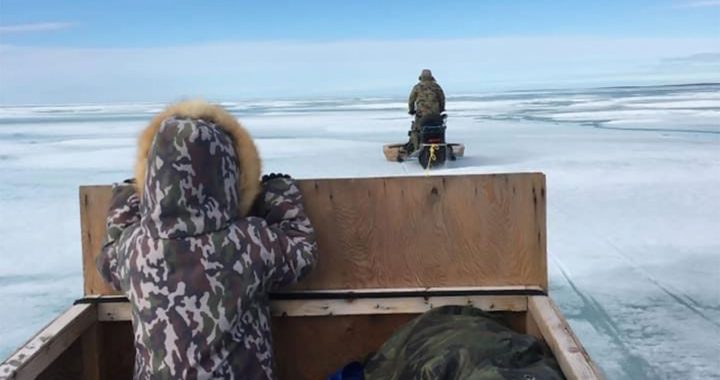
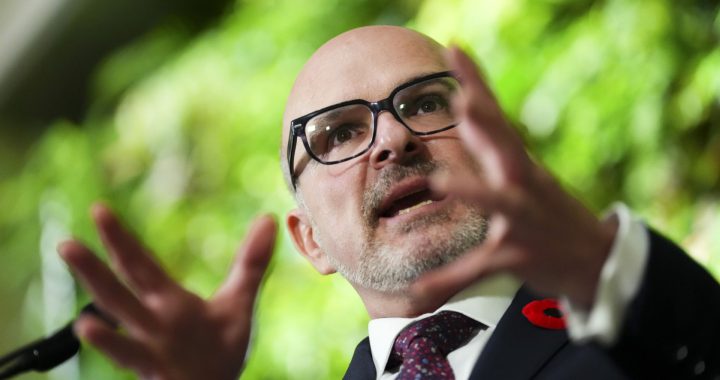
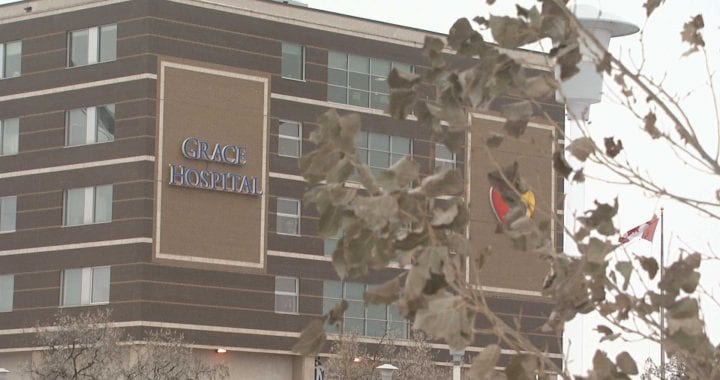
I think it’s an extreme overstatement to say Taiaiake is a “backer of Pam Palmater.” If you are familiar with and truly understand his views on the AFN, then any comments he’s made with respect to Palmater likely winning the election can only be seen as derogatory to both Palmater and her supporters.
Taiaiake is too smart to back someone who has so many skeletons yet to fall out of her closet.
How “WASP-ly” typical of Ivison to view strong political leadership as a protest movement and for Ibbitson to show his factual ignorance by stating that First Nation population would soon “plateau”. (The Aboriginal population is expected to grow at an average annual rate of 1.8%, more than twice the rate of 0.7% for the general population.) Obviously a strong FN presence on the national stage is rattling the current stakeholders and they are scrambling to put out the 8th fire!
“New Canadians are likely to become increasingly impatient with demands from the first nations (sic),” wrote Ibbitson. “Native leaders will find an ever-diminishing appetite among the broader Canadian population for apology and redress. There simply won’t be the same sense of guilty.” If that will be the case, new Immigrants will just have to get used to more Indian uprising, after all this is Native country and homeland of the original Peoples. Who else but them will fight for the rights of Indians in Canada? Their story will simply not go away with more settlers.